Renewable Energy
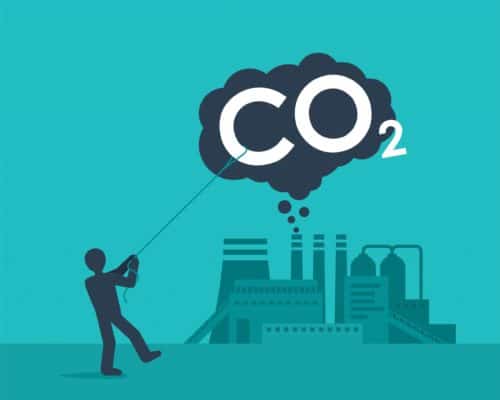
Top 10 Carbon Capture Companies in 2024
The carbon capture market is growing. This demand is being met by a variety of companies, ranging from startups to established fossil fuel giants. This trend will likely continue as the technology becomes more efficient and adoption continues to increase.
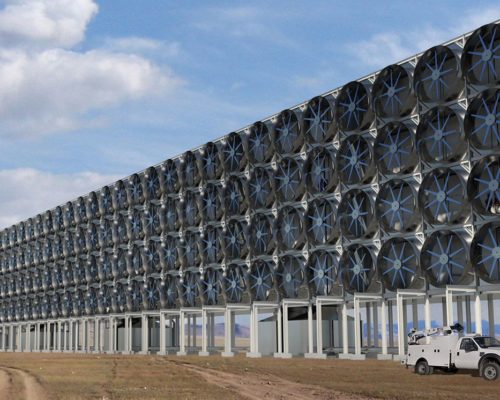
Carbon Capture Technology And How It Works
Carbon capture technology has come a long way over the past several decades, but it is still in the early stages of adoption. As a result, there are only three main types of carbon capture being used, with several new technologies currently in development. As carbon capture becomes more efficient, it will have a growing role to play in the world's low-carbon future.
Wind Energy in the Philippines – Present and Future
The Philippines has significant onshore and offshore wind potential, but it has remained largely untapped. However, with its renewable energy goals, a growing number of wind farms are appearing across the country. This includes the largest wind energy facility in Southeast Asia.
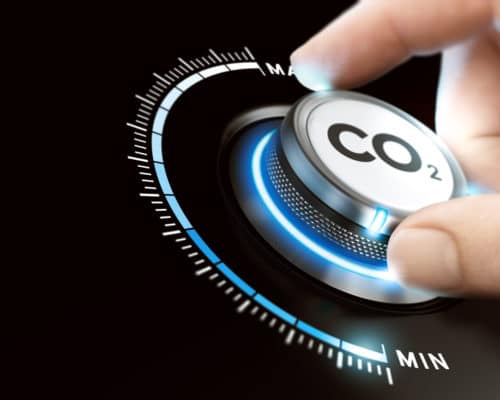
3 Top Carbon Capture Stocks in 2024
Publicly traded carbon capture companies range from startups to established fossil fuel majors. The industry is still fairly young, but market predictions show that carbon capture technology will grow significantly over the next several decades. For investors, this provides the opportunity to support the energy transition while investing in a possibly lucrative industry.

Southeast Asia Economy: Waiting for Green Investments
A new report by Bain & Company, GenZero, Standard Chartered and Temasek emphasises the necessity of significant investments to bolster the green energy shift in Southeast Asia. It highlights the inadequate current actions towards this transition and notes the challenge of meeting decarbonisation objectives amid rising energy needs in the region.
Top 7 Green Technology Examples in 2024
Green technology will undoubtedly be the leading driver for climate mitigation and the green energy transition, but technology alone is not enough. The adoption of nature-based solutions and reducing overall energy demand should also be considered an integral part of the world's decarbonisation plans.
Climate Change in Singapore: Impact, Response and Goals
Singapore's location and geography make it highly susceptible to the impacts of climate change. As a result, the country is implementing a wide array of policies to reduce its greenhouse gas emissions and prepare for predicted future climate impacts.
Renewable Energy in Singapore: Sources, Plan and Strategy
Over 95% of the energy currently consumed in Singapore is from LNG and oil. However, the country has robust renewable energy targets for the next several decades, largely driven by local solar energy production and importing clean energy from neighbouring countries.

Renewable Energy in the Philippines – Current State and Future Roadmap
The Philippine's is quickly becoming a renewable energy leader in Asia, with its ambitious targets and plans to contribute and reach net-zero.
Renewable Energy Investments in Vietnam in 2024 – Asia’s Next Clean Energy Powerhouse
The boom of renewable energy in Vietnam has made the country a global leader in sustainability and a top clean energy investment destination.
Potential of Renewable Energy in Japan
Japan's road towards renewable energy dominance in the country's mix won't be smooth, it is feasible and will unlock several energy investment opportunities.
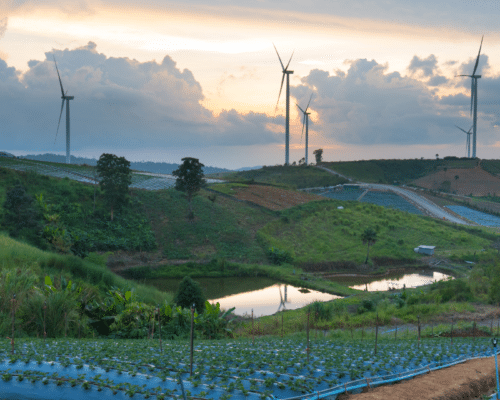
Renewable Energy in Indonesia – Current State, Opportunities and Challenges
The growth of renewables in Indonesia is soaring. It is no wonder that it is one of Southeast Asia's leading nations in terms of clean energy.

Renewable Energy in Bangladesh – Current Trends and Future Opportunities
Renewable energy in Bangladesh is a sector with vast room for growth. As of 2024,...
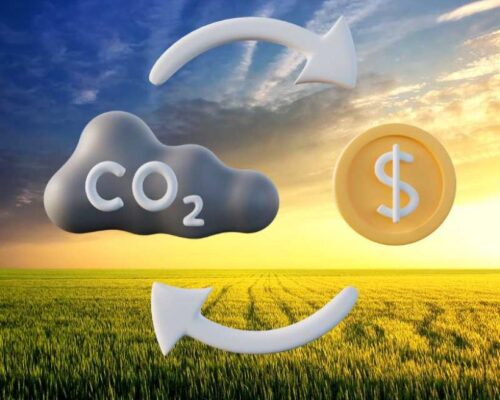
How To Sell Carbon Credits
Selling carbon credits is a critical part of the credit lifecycle. It provides a pathway for carbon sequestration projects to generate income, allowing further carbon offset development and incentivising market growth. The voluntary carbon credit market is expected to increase substantially in the coming decade.
Most Popular
Categories
-
9
-
33
-
126
-
4
-
17
-
43
-
52
-
11
-
10
-
15
-
24
-
6
-
6
-
249
-
196
-
14
-
23
-
1
-
1
-
23
-
38
-
42
-
84
-
18
-
81
-
41
-
17
-
10
-
40
-
43
-
86
-
284
-
21
-
40
-
35
-
10
-
41
-
36
